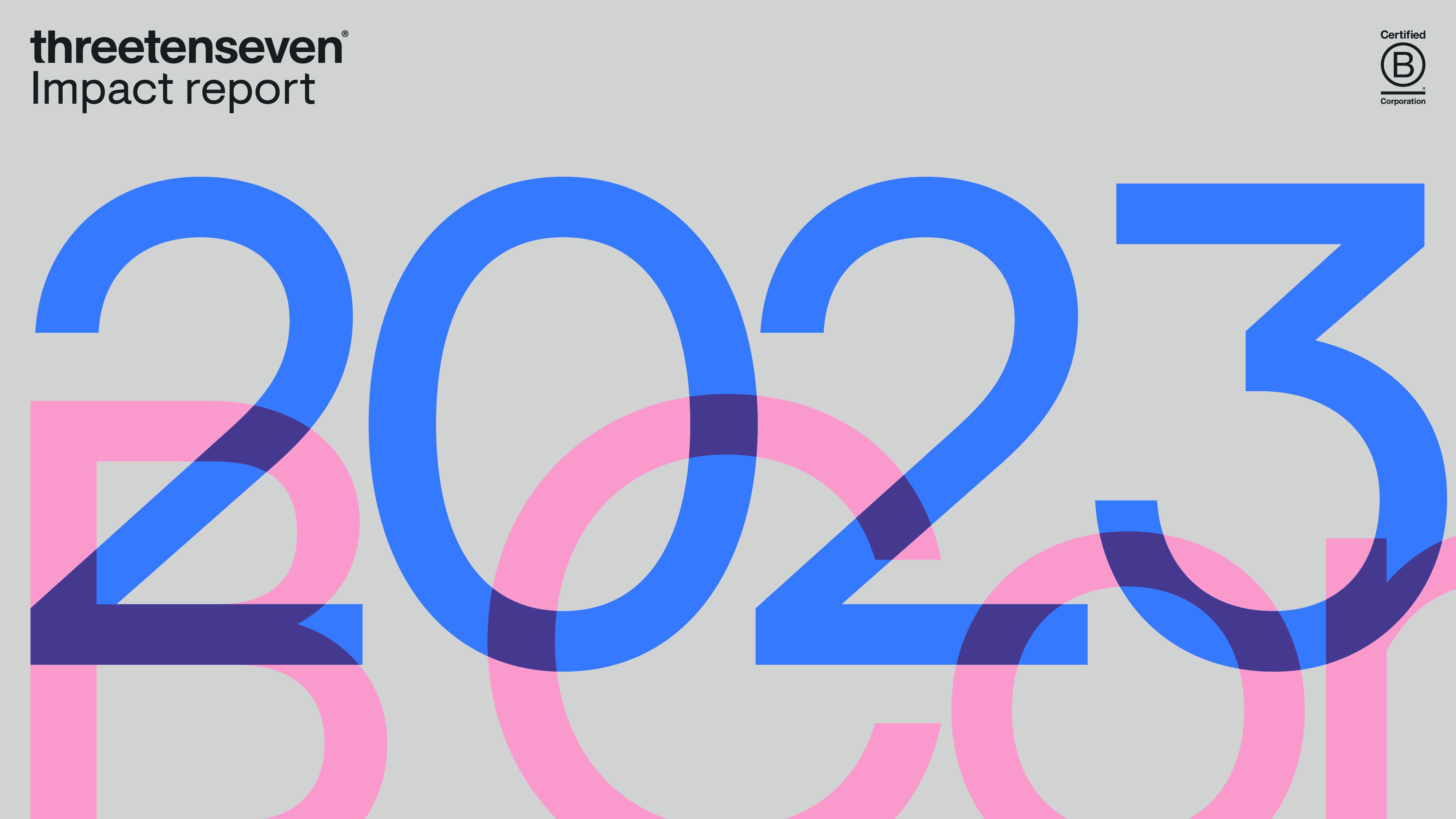

Growth and brand transformation in health.
We are your brand innovation consultancy for health-led organisations and projects. We build powerful strategies, bringing them to life in creative and inspiring ways, positively influencing people’s perceptions and behaviours.
We’re driven by a belief that our craft can be a force for good. For organisations, and for people's health, wellbeing and happiness.
WE WORK WITH BUSINESSES AT CRITICAL MOMENTS OF CHANGE.









Wired Health 2024 review
Last week we had the pleasure of attending Wired Health at Kings Place, London. Here are some of our highlights…

B Corp Impact Report 2023
Last month, following the climax of our first year as a B Corp, we submitted our first impact report to B Lab. And here it is…

Innovation as a core strategy for corporate growth
High-performing CEOs of high-performing organisations place innovation in their top three strategic priorities to become a true brand of choice. Why?






